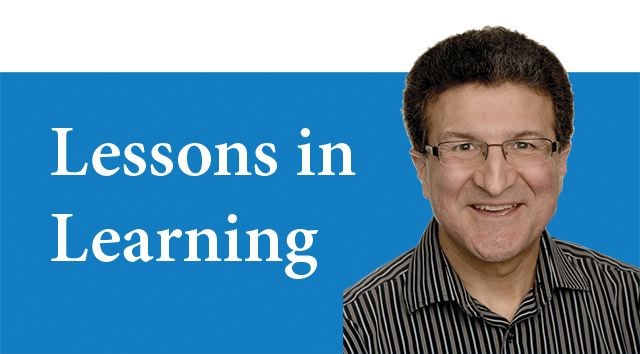Victor Frankl, while struggling to survive in a Nazi death camp, came to the realization that "love is the ultimate and highest goal to which one can aspire."
This happened through the great psychiatrist's contemplations of his wife at a time when he did not even know whether or not she was still alive. After his release, he wrote one of the most deep, profound and beautiful works on love that has ever been written. "The salvation of man is through love and in love."
While Frankl was focused on the bond shared with his beloved, it is also true that the human ability to love is not restricted to feelings for one person. The ancient Greeks actually distinguished between several kinds of love.
Among others, there is eros, or sexual love, and pragma, the kind of love that keeps a couple together through the most challenging times. Storge is the type of love that a parent feels for a child and philia is the love that one feels for a sibling or a very close friend. Philautia is sometimes seen as narcissism, but in its highest form is a true love of the self that allows us to fully love others. Agape is the selfless love for all of humanity, also defined as love of the soul, or even divine love.
The fact that we understand that there are many different types of love does not help us to understand what love is, however. Perhaps one of the clearest definitions was given by St. Paul in a passage we hear so often at weddings:
Love is always patient and kind.
It is never jealous.
Love is never boastful or conceited.
It is never rude or selfish.
It does not take offense and is not resentful.
Love delights in the truth, it is always ready to forgive, to trust, to hope, and to endure whatever comes.
In other words, when we act toward others in this way, not only those who are close to us, but those we work with, complete strangers, and even our so-called enemies, we are loving. When we are kind and forgiving toward ourselves, we are also acting with love.
If we think of the people who had the greatest impact on our lives, we almost invariably think of those who were patient and kind, of people who forgave us and gave us another chance. These are indeed the people who loved us and taught us to live to our greatest potential.
In Frankl's example, it was in contemplating his beloved that he was able to transcend the horrors that surrounded him. She gave his life meaning and the strength to endure. In the end, she died at Auschwitz. This fact did not matter, however. The love they shared was stronger even than death.
Love is indeed the most powerful force on earth. We may be tempted to think that it is military force, but it is love.
It was not violence which freed India from Great Britain, it was love. Love which gave people the courage to stand together in opposition to unjust laws until the world's most powerful empire had no choice but to walk away.
Weapons did not end the Cold War. It was people, individual people, who chose to love rather than to hate. It was people who chose love over fear and walked together through the impenetrable Berlin Wall.
It is love that will end the threat of terrorism, bring peace to the Middle East and conquer racism.
"There are three things that last: faith, hope and love, and the greatest of these is love."
Gerry Chidiac is a champion for social enlightenment, inspiring others to find their greatness in making the world a better place. For more of his writings, go to www.gerrychidiac.com



